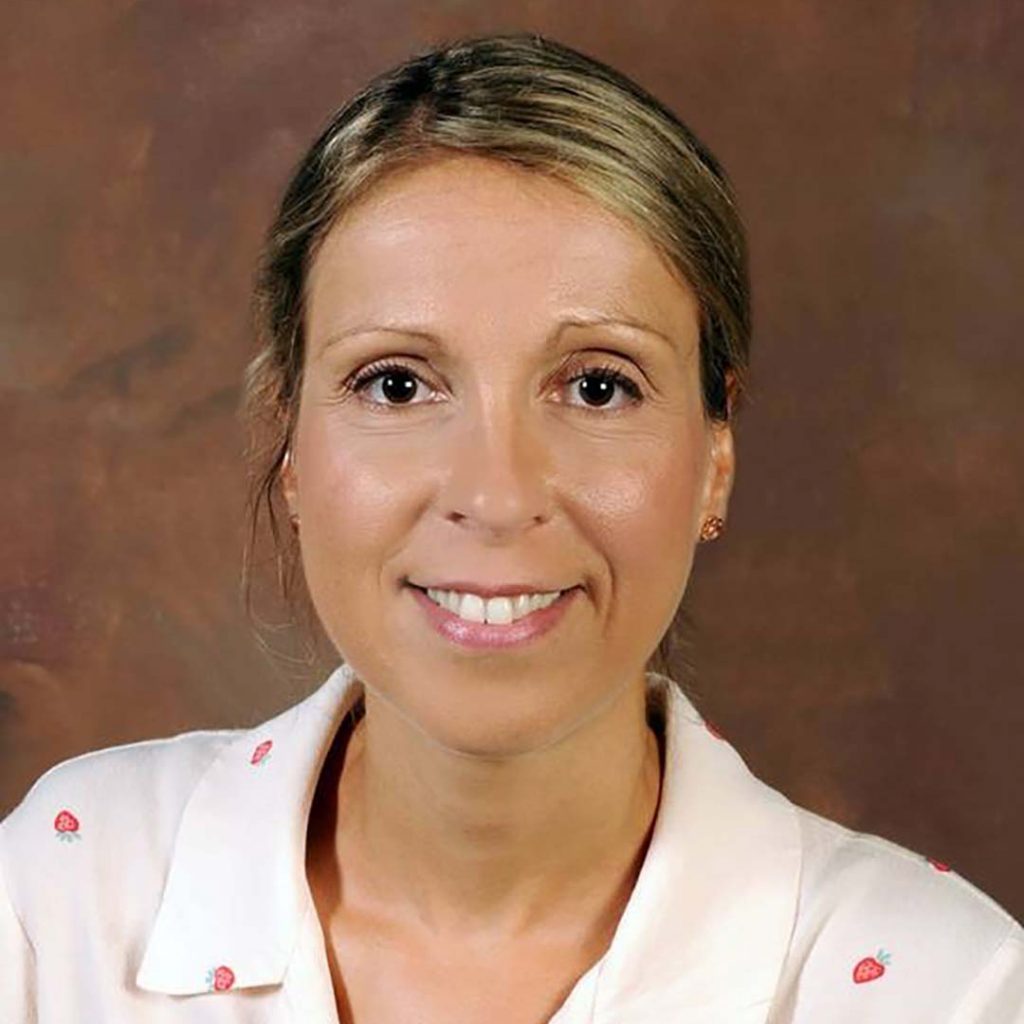Over the past year, the COVID-19 pandemic has brought unparalleled suffering and uncertainty to much of the world and caused millions to lose jobs, relationships and even loved ones.
[adrotate banner=”32″]
“The overarching theme of the pandemic is loss,” said Dr. Elena Petrova, a licensed psychologist and director of student counseling and psychological services at Augusta University.
Petrova and her staff work to help students manage a host of serious mental health concerns, including suicidal thoughts and behaviors, which are often directly related to loss, she said.

While there has been an upward trend in the number of students seeking help from college counseling centers for mental health issues in recent years, the number of suicides hasn’t increased significantly since the pandemic began, Petrova said. For many college students, major stressors associated with the pandemic were sheltering in place for an extended period of time, taking all their classes online and avoiding almost all social interaction, she said.
“When we think about college students specifically, being enrolled in a college is a protective factor” against suicidal ideation because of the opportunities it provides for student engagement and social interaction, she said.
Of course, the pandemic completely shifted this dynamic and has also affected how her office provides mental health services to students. Almost all services, including individual and group counseling sessions, are now provided virtually, Petrova said. But emergency and crisis situations can still be handled in the office with everyone wearing masks and maintaining social distancing, she said.
“We’ve all had to get really good at technology to communicate and to connect,” Petrova said. “They don’t necessarily need to be on campus” to receive telehealth services.
The center also provides virtual workshops for students, faculty and staff on a variety of mental health topics, including effectively managing stress, depression and anxiety, she said. Another workshop is called QPR suicide prevention training, which stands for Question, Persuade and Refer and was designed for people who don’t work in mental health. She said it’s like CPR-a life-saving technique designed to be performed by people who aren’t physicians. QPR training helps faculty, staff and fellow students learn to communicate with distressed students and connect them to professional help.
[adrotate banner=”17″]
Risk factors for suicide among college students are the same as they are for anyone else and include a history of mental illness and suicide attempts, said Petrova. Refusing to seek help for suicidal thoughts is another major risk factor, she added.
“There’s still enormous stigma and misinformation about mental illness and mental health,” Petrova added.
These factors can prevent some people from getting the help they need, she said. It’s important to understand that suicide prevention helps both people who struggle with suicidal thoughts and those who develop plans to commit suicide, Petrova said.
AU students currently pay a health fee of $140 per semester, which provides them access to a variety of wellness resources, including counseling and student health services, she said.
She said she and her staff take a holistic approach to treating mental health problems and refer some students to the university’s Student Health Services for psychiatric treatment, including medication management.
“We have a pretty close, collaborative relationship with the student health center,” Petrova said.
Like patients with any chronic health condition, such as diabetes or heart disease, those being treated for mental illnesses often experience significant highs and lows, she said.
“Managing life with a mental illness is a journey and a process,” Petrova added. “At times, it’s better; at times, it’s worse.”
As humans, we love quick fixes, but there are none available for managing depression, anxiety and other chronic mental health issues, she said. But there is hope for patients due to advancements in the treatment of these issues, such as faster-acting medications, she said.
“Suicide is one of the most preventable things out there,” Petrova added. “It takes a village.”
[adrotate banner=”19″]
She said suicide is much more than an individual problem. Instead, it affects society as a whole, she added.
While mental health professionals work to treat the disorders that often lead to suicide, “It’s everyone’s responsibility,” Petrova added.
According to the Centers for Disease Control and Prevention website, more than 47,000 people in the U.S. took their own lives in 2019, and suicide is currently the number two cause of death among Americans ages 10-34.
Thanks to funding from the CARES Act, the University System of Georgia in partnership with Gov. Brian Kemp’s office, is currently working to expand mental health services for students enrolled in USG institutions, she said.
Josh Heath is a contributor for The Augusta Press. Reach him at producers@theaugustapress.com
[adrotate banner=”43″]












